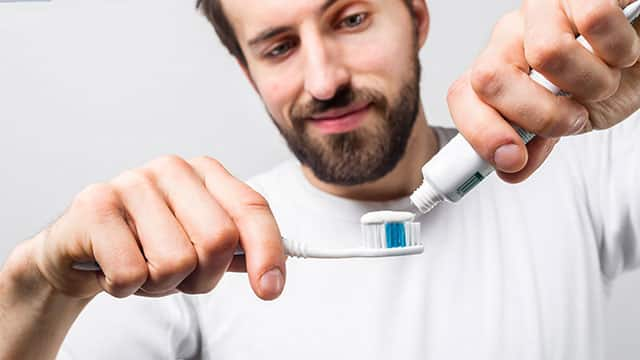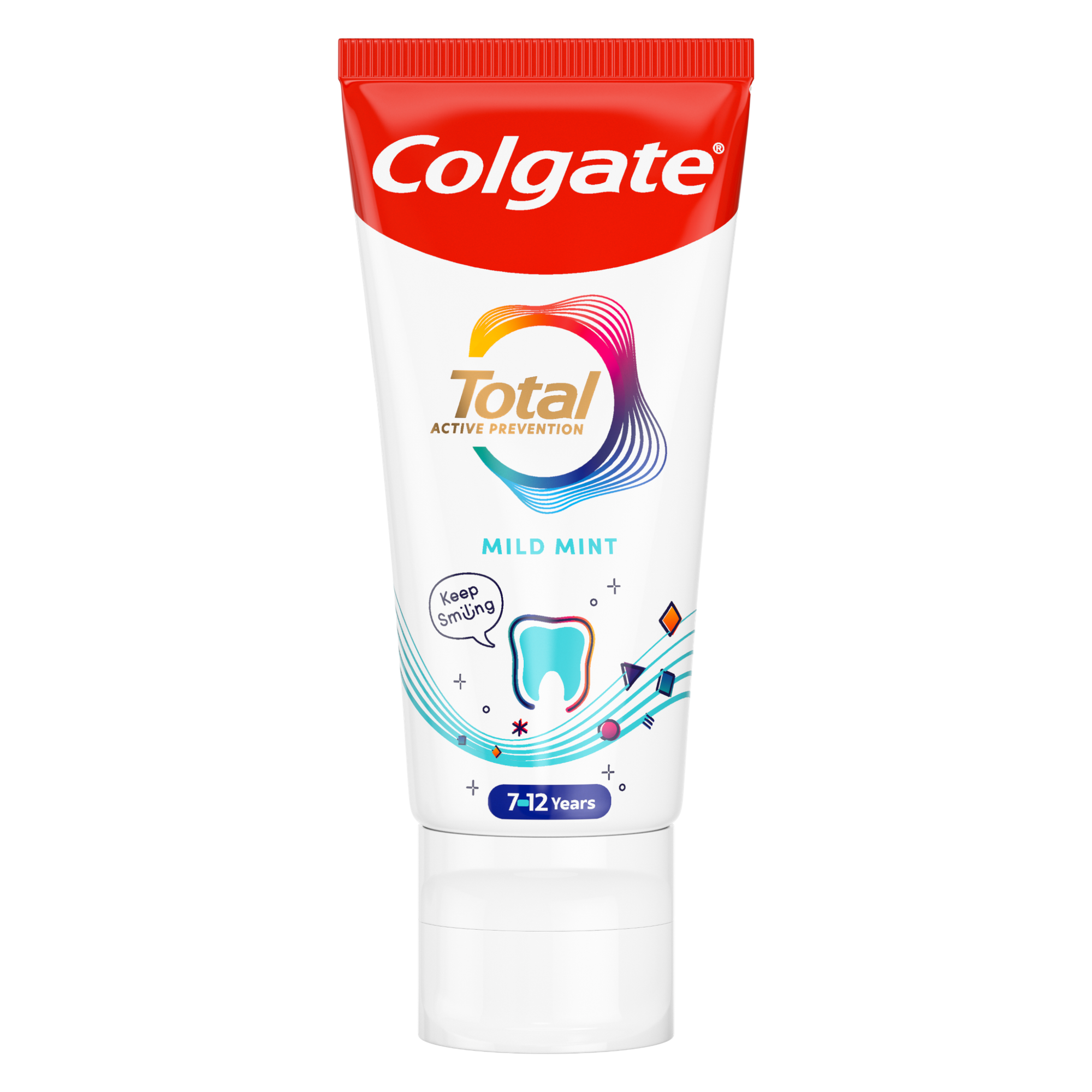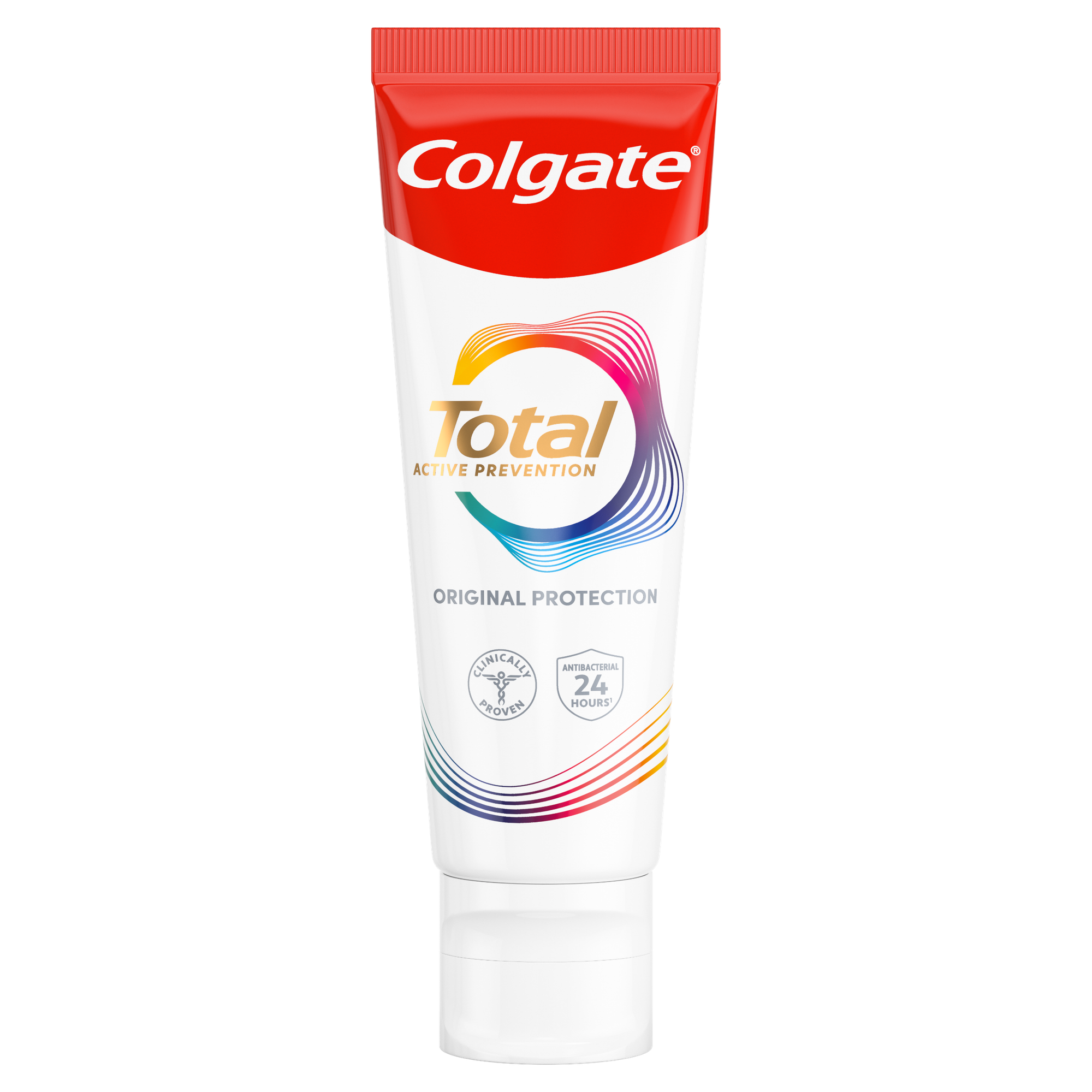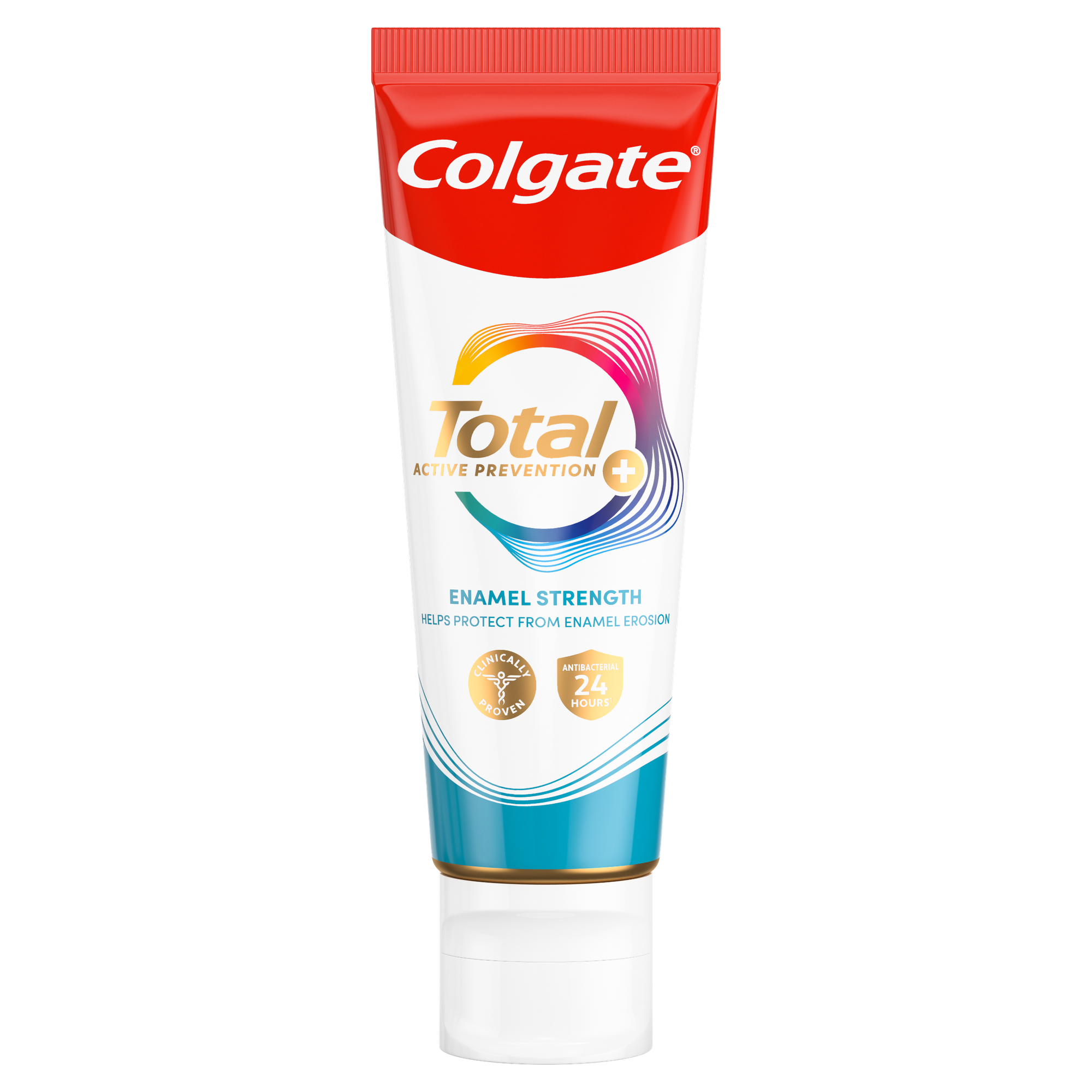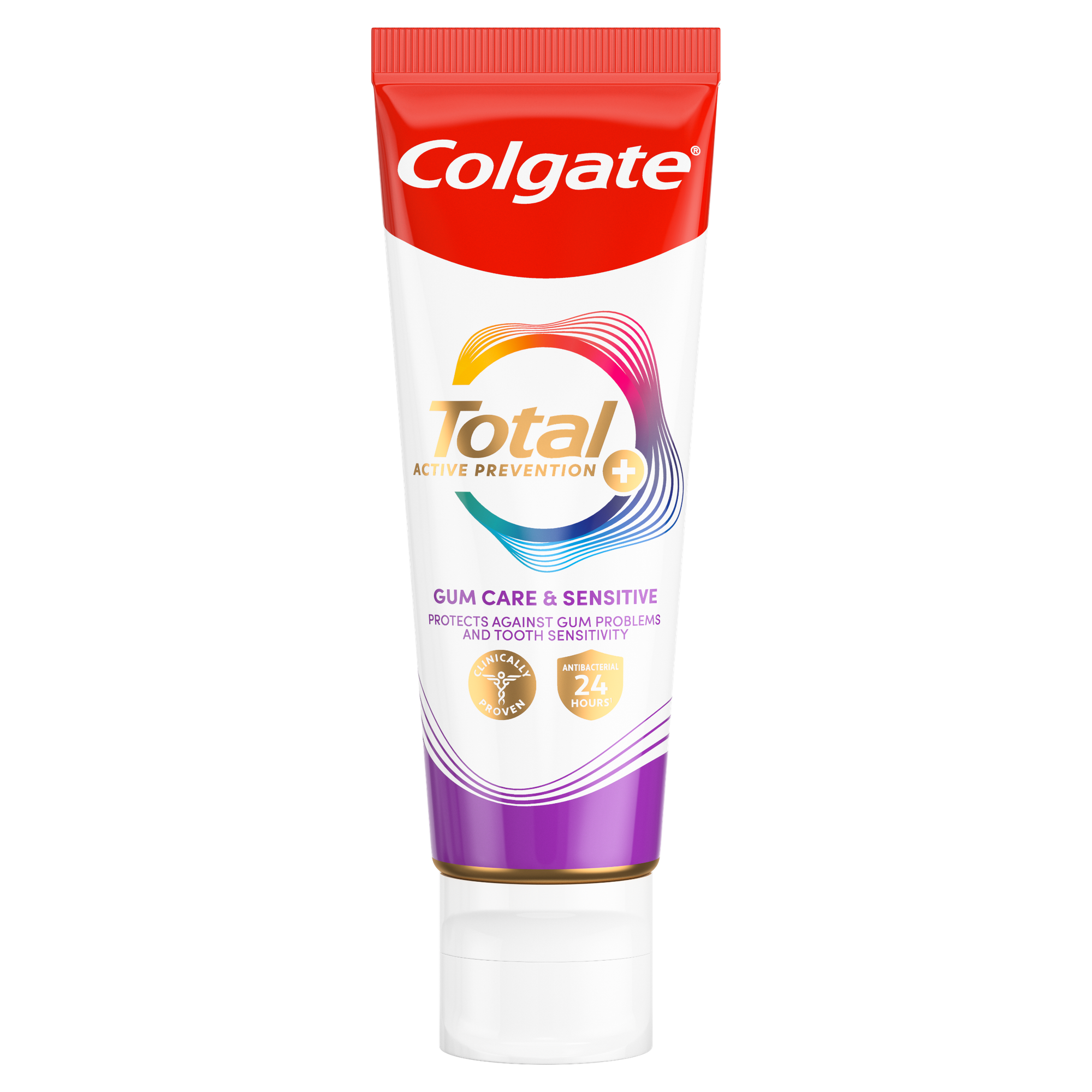Cold sores are caused by the herpes simplex virus, type 1 (HSV-1), but don't be alarmed. A study published in PLOS One found that 63.6% of adults aged 40-79 analysed in one part of the UK have HSV-1. Many of those infected with the virus may never manifest symptoms.
A cold sore usually goes away on its own within two weeks, but if you have a major event on your calendar — like a wedding or an important job interview — you’ll probably want to find the quickest way to clear it up. Read on to find out more about how to get rid of a cold sore fast, cold sore treatment options and how you can prevent future outbreaks.
Prescription Medications
For the best results, see your doctor or dentist at the first hint of a cold sore – usually when you feel a tingling or burning sensation. He or she can prescribe an antiviral medication to help your cold sore heal more quickly. Though the antiviral medication won't eliminate the virus from your system, it can reduce the duration of a cold sore outbreak.
According to the National Institute for Health and Care Excellence, your doctor may prescribe one of two formats:
- A topical cream that you apply directly to sores, such as acyclovir cream.
- An oral medication that you take by mouth, such as acyclovir, valacyclovir, or famciclovir.
These medications are most effective when taken before the blisters appear. When you feel a cold sore coming — tingling, swelling, redness or a burning sensation in the area are all clues — the medications can help heal the cold sores or even stop them from appearing at all.
Over-the-Counter Cold Sore Remedies
Though antiviral tablets are only available with a prescription, many over-the-counter cold sore treatment options can help reduce the pain and discomfort you feel. According to the NHS, these ointments, creams, patches, or electronic devices can speed up the healing process, and sometimes they can protect the skin while it heals, too. Look for a topical cream that contains acyclovir, penciclovir, or docosanol. Just like the prescription medications, these over-the-counter options work best when used at the first signs of a cold sore outbreak.
If you're looking to reduce the pain and discomfort of a cold sore, numbing creams that work as a local anaesthetic to help numb pain and provide cold sore relief are also available. These creams contain active ingredients like benzocaine, lidocaine, and tetracaine.
At-Home Cold Sore Remedies
If you’re wondering how to get rid of cold sores, there are a few home remedies you can try. If your medicine cabinet isn't stocked with antiviral medication, use these overnight cold sore treatment options until you can see a doctor or visit a pharmacy.
- Apply a cold compress. Try holding a cool, damp cloth against your cold sore. This can make your sore less red and crusty and help it heal more quickly than if you leave it alone. If you can feel the cold sore coming, but it hasn't appeared yet, hold a piece of ice to the area. This method may keep a full-blown cold sore from developing or may make it go away more quickly.
- Keep the area moisturised. Use a lip balm or moisturiser to keep your lips and mouth area hydrated and prevent the sore from drying out and peeling. It's also important to keep this area protected from the sun, so look for a lip balm with SPF30 or higher.
- Don't touch the cold sore. Although it's tempting to pick at or scrape the peeling skin, keep your hands off and let it heal itself. Plus, the sore is contagious, so if you touch your lips, make sure to wash your hands afterwards to prevent spreading the virus to other people or other areas of your body.
Help Prevent Future Cold Sores
Though the virus that causes cold sores does not have a cure, there are measures you can take to prevent outbreaks. These preventive cold sore treatment measures include:
- Understanding your cold sore triggers. Figuring out what sets off your cold sore outbreak can help you keep them away in the long term. Some common cold sore triggers include anxiety, sunburn, exhaustion, hormonal changes, the common cold, or minor scratches or injuries to the lip. You may need to avoid excess sun exposure, find ways to reduce anxiety levels or take other actions to prevent future outbreaks.
- Replacing contaminated items. After you go through the healing process and get rid of your cold sore, make sure to replace your toothbrush, lip balm, and any other items that made contact with your cold sore and are not easily washed and disinfected. The virus that caused your cold sore can live on these items for days and cause your lips to become reinfected.
- Talking to your doctor or dentist. If you suffer from cold sores often, your doctor or dentist may recommend taking an antiviral medication regularly to help prevent outbreaks. They can also help you identify possible triggers and recommend lifestyle changes to decrease your chances of getting cold sores in the future.
Cold sores can be annoying, painful, and inconvenient. When you have an important event on your calendar, use these tips to get rid of a cold sore fast, prevent future outbreaks, and restore your lovely smile.
What Not to Do with Your Cold Sores
Now you know how to get rid of cold sores and prevent them, it’s also important to know what not to do when an unwanted visitor appears on your lip. The NHS suggests some things to avoid when you’re sporting a cold sore, we’ve outlined them below:
- Don’t kiss anyone.
- Don’t touch your cold sore, unless you're applying cream – if you do, wash your hands immediately.
- Don’t rub cream into the cold sore, dab it on instead.
- Don’t eat spicy or salty foods if it’s in an area that will be irritated by what you eat.
Cold sores can be annoying, painful, and inconvenient. If yours is particularly large, painful or lasts longer than 10 days, make an appointment with your doctor to get it checked. When you have an important event on your calendar, use our home remedies and tips to get rid of a cold sore fast, prevent future outbreaks and restore your lovely smile!
ORAL HEALTH QUIZ
What's behind your smile?
Take our Oral Health assessment to get the most from your oral care routine
ORAL HEALTH QUIZ
What's behind your smile?
Take our Oral Health assessment to get the most from your oral care routine








